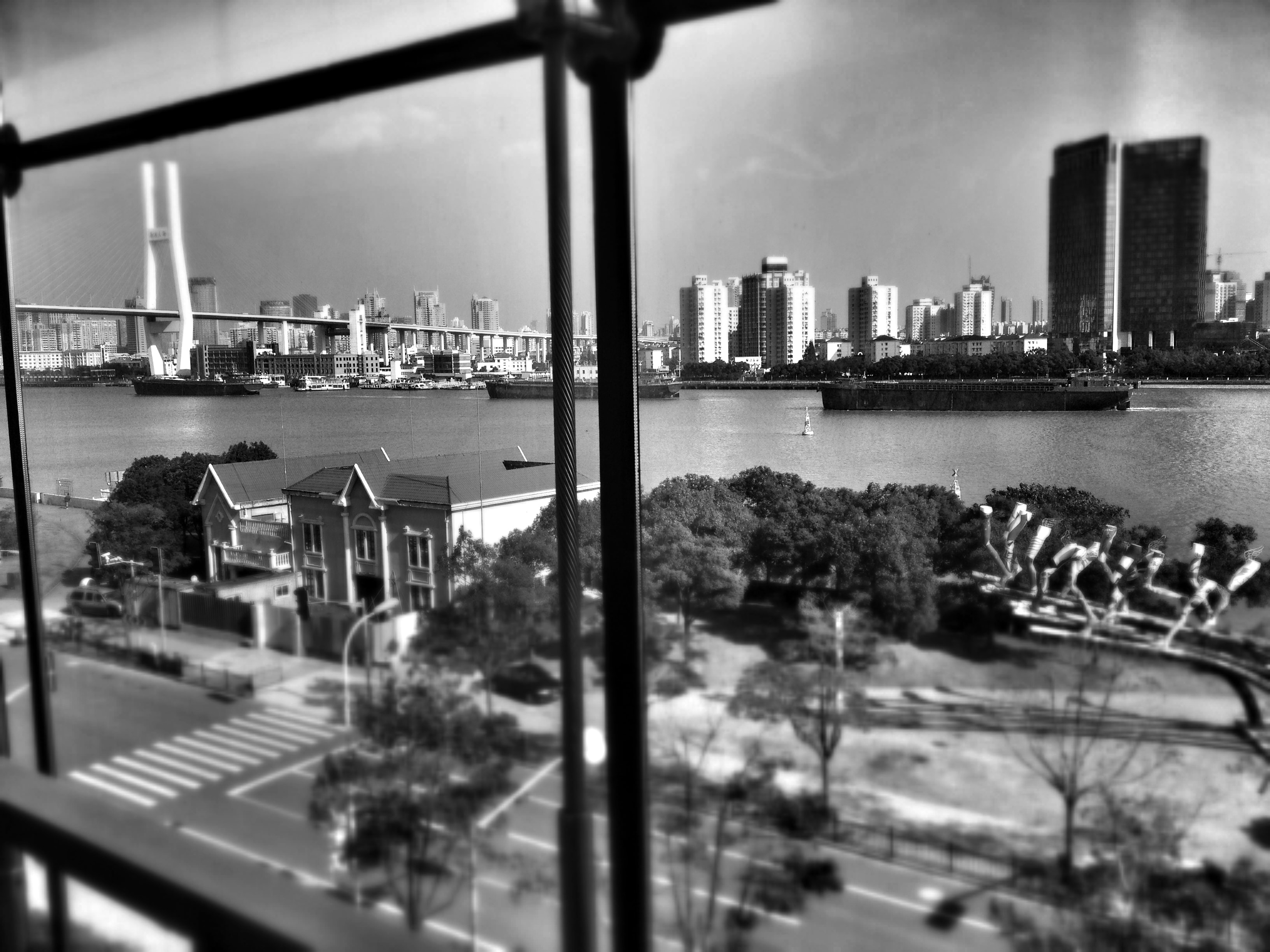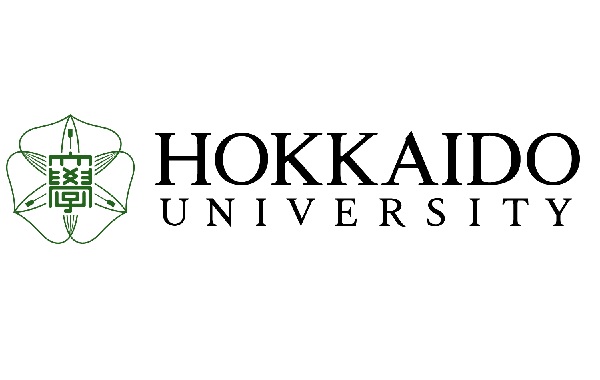JP
EN
for 2021 DEMOLA HOKKAIDO
SEASON 1st

私たちの 2100 年はどのような世界?
―What will it be like to live in 2100?―
PARTNER

北海道大学
HOKKAIDO UNIVERSITY

PARTNER
北海道大学
HOKKAIDO UNIVERSITY
The Brief
2050年の世界では、これまで限られた場所でしか活用されていなかった再生可能エネルギーの技術が一般的になり、私達の身近な生活の中で当たり前のように活用されているでしょう。例えば、蓄熱システムによる新しい融雪技術の普及により、化石燃料をほとんど使わなくても快適な冬の暮らしが実現されるかもしれません。これまでの暖房代や冷房代といった費用面のことを気にする必要もなくエネルギーの自給自足ができる世界、このようなシームレスな世界が近い将来に実現となるのではないでしょうか。それでは、2100年の世界には、私たちの生活はどのように変化しているのでしょう?例えば、「言語を必要とせずに、コミュニケーションが可能となっている世界」、「頭の中の情報をインターネット上にバックアップできる世界」、「スマートフォンを持っている人はほとんどおらず、コンタクトレンズなどのウェアラブルな機器に代替されている世界」に変化しているかもしれません。これらの文明の変化に伴って、私たちはどのような生活を送っているでしょうか。また、私たちはどのようにエネルギーを活用しているのでしょうか。
未来のエネルギー像について2100年からバックキャスティングすることで「現在のエネルギー問題」や「これからのエネルギーの可能性」について一緒に考えてみませんか?
*本チャレンジでは、海外の若手研究者や学生と英語でのディスカッションがあります。
The Background
北海道大学は機能強化プロジェクトとして「ロバスト農林水産工学国際連携研究教育拠点」(以下、ロバスト拠点)をスタートさせています。ロバスト(ROBUST)とは、環境や気候の変化など外乱の影響による変化を防ぐ「内的な強靭性」を意味し、具体的には、農林水産業が工学などの技術との連携により、気候変動等の環境変化に適応しながら、持続可能な食料生産を行うことを目指します。ロバスト拠点は、現場ニーズに基づいた次世代農林水産工学技術を開発するためのプラットフォームで、北海道大学をはじめとする大学や公的研究機関、国の官庁や北海道、地域自治体などの行政機関、関連する民間企業、さらには農林水産業従事者の参画により、研究シーズと事業ニーズのマッチングを行い、次世代の農林水産業に関する新たなイノベーションを誘導し、共同研究・共同開発などが立ち上がるための、インキュベーション機能を担います。
ロバスト拠点 HP : http://www.eng.hokudai.ac.jp/others/robust/index.html
The Challenge
皆さん、私達の2100年はどのような世界になっているでしょうか?
世界の人口は2064年に97.3億人でピークを迎え、その後減少に転じて、2100年には87億人になるとの予測がされています。それに伴う現在の問題として、地球温暖化問題や人口増加による化石エネルギーの枯渇問題が危惧されてきました。その対策の1つとして、近年では再生可能エネルギーの活用が注目されています。再生可能エネルギー(Renewable Energy)とは、石油や石炭、天然ガスといった有限な資源である化石エネルギーとは異なり、太陽光や風力、地熱、雪といった自然界に存在するエネルギーのことです。その大きな特徴は、「枯渇しない」「どこにでも存在する」「CO2を排出しない(増加させない)」の3点です。例えば、北海道では雪を農作物などの冷蔵に活用することや、室内の空気を冷やすことに活用する事例が増えています。また、家庭の生ごみをバイオガス発電に活用することで施設の運用を行っているケースもあります。オーストラリアとドイツでは、住宅用太陽光発電システムに蓄電池を備えており、再生可能エネルギーを家庭内で活用する循環が生まれています。このように現在では、私たちの身の周りにおい
て再生可能エネルギーが身近なものに変化しており、2050年には個人レベルでいつでもどこでもエネルギーが収穫でき、自由に使える世界が来ると言われています。それでは、2100年には、私達はどのようにエネルギーと向き合っているのでしょうか。もしかしたら、使えば使うほど環境が良くなるエネルギー循環が生まれ、エネルギーに対する価値観や認識すらも変化している世界になっているかもしれません。
未来のエネルギー像について、2100年からバックキャスティングすることで「現在のエネルギー問題」や「これからのエネルギーの可能性」について一緒に考えてみませんか?
Schedules
<2021 年度 第 1 回 DEMOLA HOKKAIDO の日程>
(Schedule for 2021_1st DEMOLA HOKKAIDO)
・ 4/10 (10:00-17:00) :Kick off event
・ 4/24 (10:00-17:00) :Workshop
・ 5/8 (10:00-17:00) :Workshop
・ 5/15 (10:00-17:00) ::発表練習会 Demonstration Practice
・ 5/29 (13:00-17:00) :最終発表会 + ネットワーキング Final Demonstration + Networking
*上記の他に 1 回/週程度のチームミーティングがあります。
The Brief
In the world of 2050, renewable energy technologies that have been used only in a limited number of places will become commonplace and will be utilized as a matter of course in our daily lives. For example, the spread of new snowmelt technology through heat storage systems may lead to a comfortable winter life with almost no fossil fuels. A seamless world where we can be self-sufficient in energy without having to worry about the cost of heating and cooling will become a reality in the near future. So how will our lives change in 2100? For example, we may be living in a world where communication is possible without the need for language, a world where the information in our minds can be backed up on the Internet, and a world where few people have smartphones, and they are replaced by wearable devices such as contact lenses. This may be the case.
With these changes in civilization, what kind of lives are we leading? And how are we using energy?
Let's think about "current energy problems" and "future energy possibilities" together by backcasting the future energy from 2100.
*In this challenge, you will have discussions in English with young researchers and students from overseas.
The Background
Hokkaido University has started the "Robust Agriculture, Forestry and Fisheries Engineering International Collaborative Research and Education Center" (hereinafter referred to as "Robust Center") as a function enhancement project. Robust means "internal resilience" that prevents changes due to the effects of disturbances such as changes in the environment and climate. Specifically, the agriculture, forestry and fisheries industry collaborates with technologies such as engineering to create climate.
We aim to produce sustainable food while adapting to changes in the environment such as changes. The robust base is a platform for developing next-generation agriculture, forestry and fisheries engineering technology based on on-site needs, and is related to universities and public research institutes such as Hokkaido University, national government offices, Hokkaido, and local governments. With the participation of private companies and farmers, forestry and fisheries workers, we will match research seeds with business needs, guide new innovations related to the next generation of agriculture, forestry and fisheries, and launch joint research and development. It is responsible for the incubation function.
Robust base HP: http://www.eng.hokudai.ac.jp/others/robust/index.html
The Challenge
What will our world be like in 2100?
The world's population peaked at 9.73 billion in 2064 and then began to decline, and is projected to reach 8.7 billion by 2100. As a result, there have been concerns about global warming and the depletion of fossil energy due to population growth. In recent years, the use of renewable energy has been attracting attention as one of the countermeasures. Renewable energy is energy that exists in nature such as sunlight, wind power, geothermal energy, and snow, unlike fossil energy, which is a finite resource such as oil, coal, and natural gas. Its major features are "does not deplete", "exists everywhere", and "does not emit (increase) CO2". For example, in Hokkaido, there are an increasing number of cases where snow is used for refrigerating agricultural products and for cooling indoor air. In some cases, the facility is operated by utilizing household garbage for biogas power generation. In Australia and Germany, residential photovoltaic systems are equipped with storage batteries, creating a cycle of renewable energy in the home. In this way, renewable energy is now becoming familiar to us around us, and it is said that in 2050, energy can be harvested at the individual level anytime, anywhere, and a world that can be used freely will come. I will. So how will we face energy in 2100? Perhaps the more we use it, the better the environment will be, and the energy cycle will be created, and the values and perceptions of energy will change.
Let's think about "current energy problems" and "future energy possibilities" together by backcasting the future energy from 2100.
Schedules
<Schedule for 2021_1st DEMOLA HOKKAIDO >
・ 4/10 (10:00-17:00) :Kick off event
・ 4/24 (10:00-17:00) :Workshop
・ 5/8 (10:00-17:00) :Workshop
・ 5/15 (10:00-17:00) ::Demonstration Practice
・ 5/29 (13:00-17:00) :Final Demonstration + Networking
* In addition to the above schedule, there will be a team meeting once a week